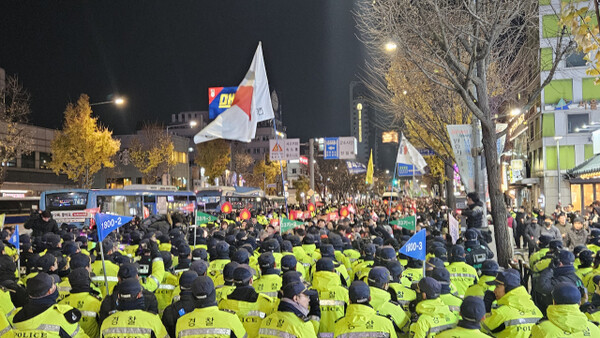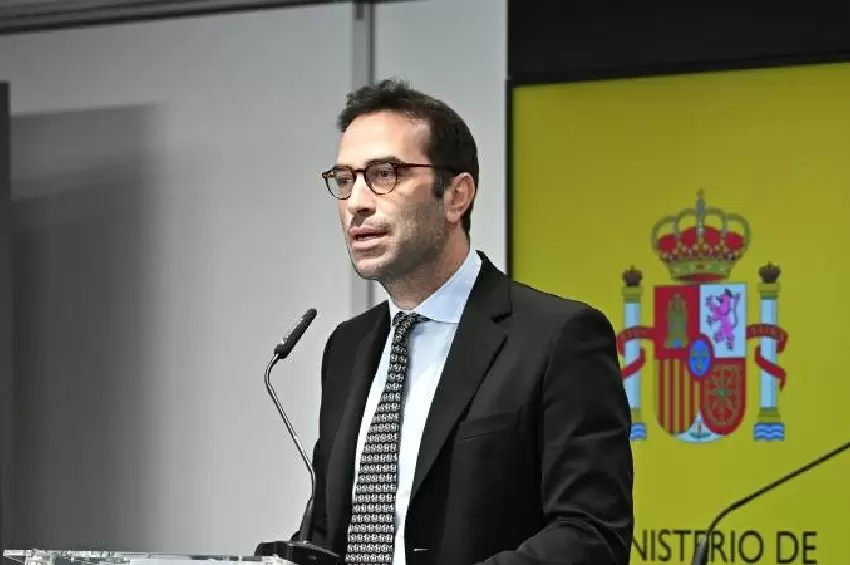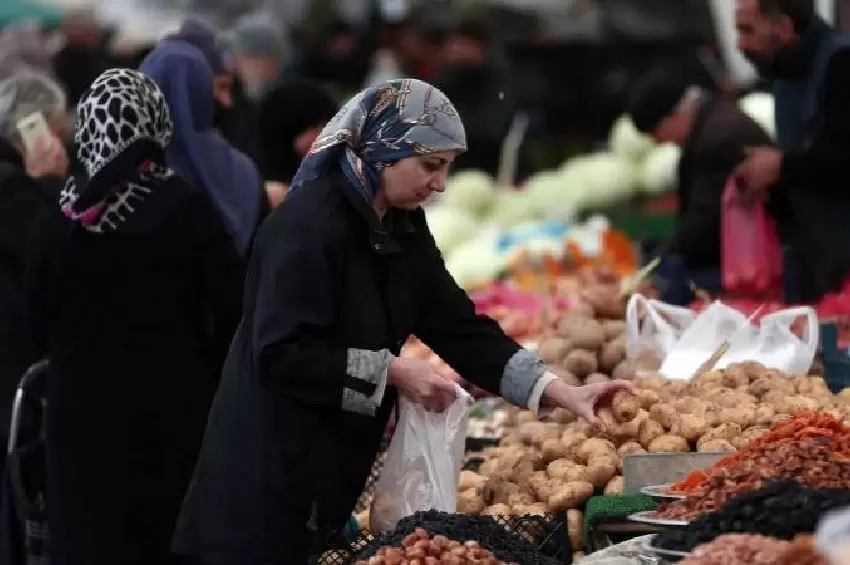Economic Instability Looms as Martial Law Ends
The recent declaration and subsequent lifting of martial law by President Yoon Suk Yeol have cast a shadow over South Korea's already fragile economy. The prolonged instability is expected to drive up interest rates and inflation, negatively impacting both consumption and investment. With the nation's economic growth forecast hovering around 1 percent for next year, concerns are mounting over stagflation, a combination of economic stagnation and rising inflation, driven by a weakening won that is pushing up consumer prices.

According to the Ministry of Economy and Finance and financial investment industry sources, markets are closely monitoring whether the martial law declaration will have a lasting impact on South Korea's economic fundamentals. While some predict that the swift conclusion of martial law will have minimal effects on economic indicators, the uncertainty surrounding rapidly evolving political dynamics has significantly increased macroeconomic risks.
Park Sang-hyun, a senior analyst at iM Investment & Securities, highlighted in a recent report that domestic political instability can lead to prolonged won depreciation and economic slowdown pressures. Although the martial law was lifted within a few hours, domestic political uncertainties are likely to persist, making it difficult to avoid an expansion of downside risks to the economy.
A key concern for experts is inflation. The martial law declaration caused the won to depreciate sharply, raising fears of a spike in import prices. While consumer prices in November rose by 1.5 percent year-on-year, marking three consecutive months of 1 percent inflation, a prolonged weak-won scenario could rekindle inflationary pressures that had been easing.
Observers, including government officials, have noted that the exchange rate, which surged to around 1,400 won per dollar following the election of U.S. President Donald Trump, will gradually begin affecting import prices. Kim Woong, deputy governor of the Bank of Korea, remarked that the recent exchange rate increase is expected to impact inflation starting in December.
There are also concerns that the incident has further dampened already sluggish domestic consumption. The Statistics Korea reported that the retail sales index for October fell by 0.8 percent year-on-year, marking the eighth consecutive month of decline compared to the same month in the previous year. Hur Joon-young, a professor of economics at Sogang University, commented that if this martial law incident had occurred during a period of strong economic performance, it could have been regarded as a temporary shock. However, given the continued sluggishness in domestic demand, the situation could further tighten consumer spending.
Investment indicators are also expected to suffer negative impacts. Both construction investment and facility investment are closely tied to market interest rates, and the market views the political uncertainty stemming from the martial law declaration as a factor likely to drive interest rate increases.
Even without the martial law incident, construction and facility investment are already facing a bleak outlook. According to the Statistics Korea, construction completions in October fell by 4 percent from the previous month, marking six consecutive months of decline. The Korea Development Institute (KDI) predicts that construction investment will decrease by 0.7 percent next year, continuing the downward trend from 2024, when it is projected to decline by 1.8 percent.
Facility investment is also likely to weaken due to uncertainties in the semiconductor industry. Analysts predict that a decline in national creditworthiness will negatively affect corporate fundraising. Park stated that with liquidity crises already emerging for certain companies, a decline in confidence in South Korea's economy could exacerbate funding risks. Prof. Hur said that the overlapping uncertainties of the Trump administration and domestic political turmoil create a 'double-whammy' effect on investment confidence.
With the National Assembly in disarray, predicting the scope of government expenditures has become even more challenging. Experts suggest that the opposition parties, which favor expansionary fiscal policies, are likely to lead more aggressive fiscal measures compared to the Yoon administration. However, some caution that such expansionary policies could further weaken the won and drive up interest rates.
Consequently, some speculate that next year's economic growth rate could fall even lower than previous forecasts from various economic research institutions. The KDI and the International Monetary Fund (IMF) had forecast 2025 growth rates of 2 percent, down from this year's 2.2 percent. The Bank of Korea projected GDP growth of 1.9 percent for next year, while the Organization for Economic Cooperation and Development (OECD) revised South Korea's 2025 growth forecast from 2.2 percent to 2.1 percent. However, these forecasts do not fully account for the risks associated with the Trump administration or the domestic political uncertainty.
Experts agree that quickly stabilizing the domestic political situation is key to mitigating economic risks. Jeong Yong-taek, a senior analyst at IBK Securities, remarked that while the impact of this incident on the macroeconomy is likely to be short-term, prolonged political instability could drive up exchange rates and interest rates, negatively affecting macroeconomic indicators.









Comments